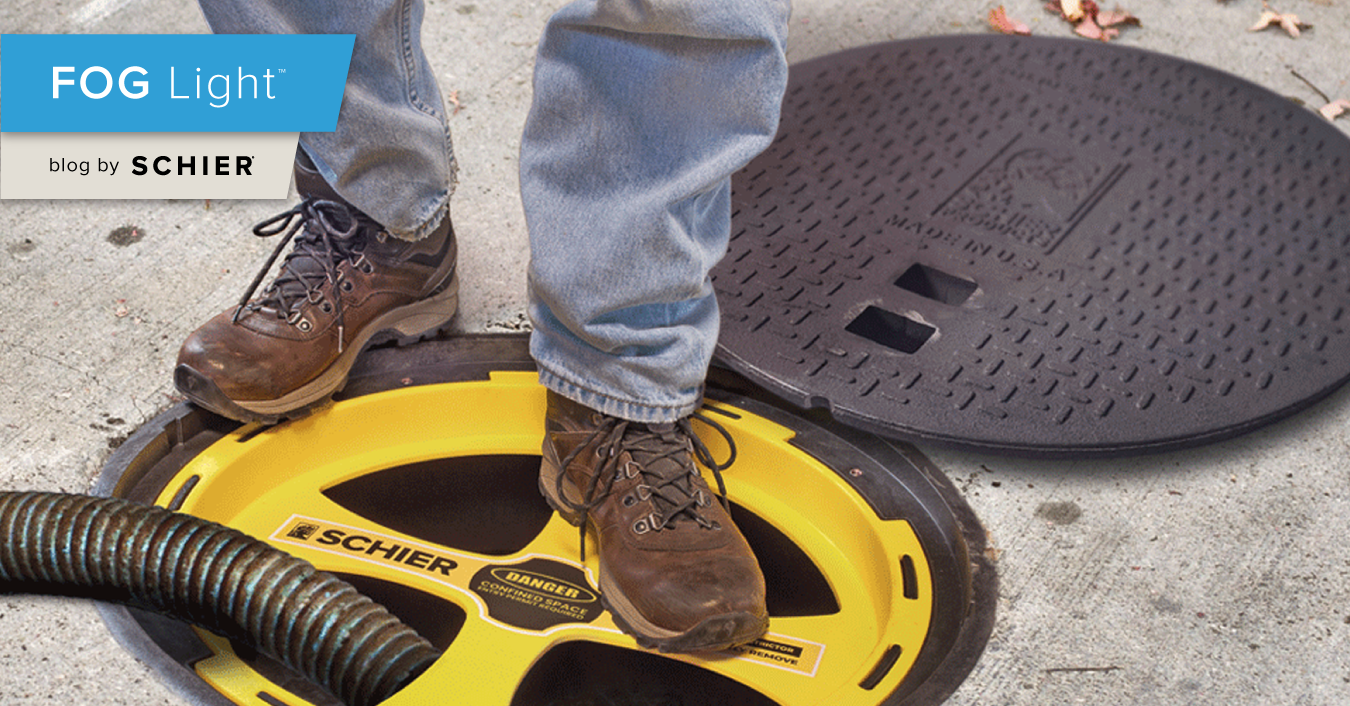March 10, 2023

Each year, incidents leading to accidents and fatalities occur as a result of open sewer manholes. These unfortunate events encompass various hazards, including drowning, entrapment, and exposure to poisonous H2S gas. These incidents impact not only the general public but also individuals employed in maintenance and food establishments. Presently, only two states, namely Alabama and New York, have implemented regulations mandating the installation of covers on grease interceptors to prevent inadvertent access.
 In Alabama, the Sadie Grace Andrews Act, as outlined in Alabama Code 1975 § 22-20-5.2 (April 2018), mandates that grease traps featuring manholes must be designed to withstand anticipated loads and thwart access by children. Specifically, the manhole cover must be securely fastened through a bolt or locking mechanism or constructed from round cast iron or equivalent material engineered for heavy road traffic, with adequate weight to preclude unauthorized entry.
In Alabama, the Sadie Grace Andrews Act, as outlined in Alabama Code 1975 § 22-20-5.2 (April 2018), mandates that grease traps featuring manholes must be designed to withstand anticipated loads and thwart access by children. Specifically, the manhole cover must be securely fastened through a bolt or locking mechanism or constructed from round cast iron or equivalent material engineered for heavy road traffic, with adequate weight to preclude unauthorized entry.
In New York, Bryce's Law, specified in State of New York S3536 (July 2021), stipulates that any food service establishment equipped with a grease trap or interceptor must ensure that such equipment is designed to endure expected loads and prevent unauthorized access.
While these legislative measures have been taken in just two states, it is incumbent upon the industry to advocate for additional requirements. Accidents of this nature can be averted through the adoption of proper design, installation, and maintenance practices not only for grease interceptors but also for any confined spaces within sewer or septic systems.
A commitment to safety necessitates the use of heavy-duty cast iron covers, weighing a minimum of 75 pounds, for all outdoor interceptors. Although compliance with both laws can be achieved through this approach, the incorporation of passive safety devices enhances system protection. Passive safety devices are designed to remain in place when the cover is removed, thereby preventing inadvertent entry into the interceptor or confined space. These safety devices are especially critical during maintenance activities.
 Various passive safety devices are readily available for purchase and installation under any cover, with some manufacturers even including them as standard equipment. An example of such a device is Schier's Safety Star™, introduced in 2019, which provides sufficient access for routine maintenance, pumping, and inspection while maintaining the man way closed to accidental entry when the cover is removed.
Various passive safety devices are readily available for purchase and installation under any cover, with some manufacturers even including them as standard equipment. An example of such a device is Schier's Safety Star™, introduced in 2019, which provides sufficient access for routine maintenance, pumping, and inspection while maintaining the man way closed to accidental entry when the cover is removed.
By continuously raising awareness and implementing available technology on a broader scale across the United States, we can proactively address and mitigate accidents involving grease interceptors.
We invite you to inquire about the measures and regulations in place within your jurisdiction to prevent accidents associated with grease interceptors.